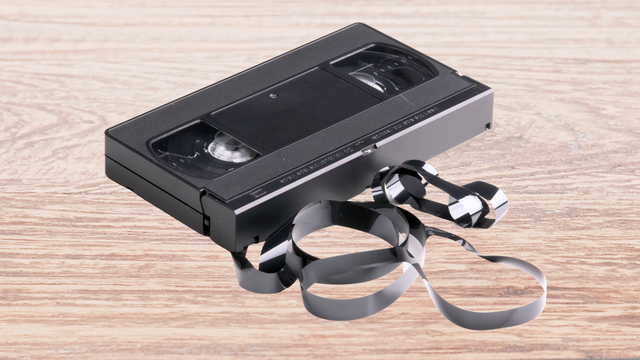What Is a Document Scanner and What Does It Do?
A document scanner is a device that turns paper documents—letters, records, receipts—into digital files you can store, search, and share. Most scanners today convert pages to PDF, JPEG, or TIFF formats. Some include OCR (Optical Character Recognition) to make text searchable, which is especially helpful for organizing scanned materials.
Whether you're scanning birth certificates, business receipts, or a grandparent's war letters, you’re not just creating backups—you’re preserving history in a format that’s easier to protect and access.
Should I Buy a Document Scanner or Use a Service?
That depends on what you're scanning—and how much of it you have. Here's a quick guide:
✅ When to Buy a Home Document Scanner:
-
You have fewer than 200 pages.
-
Your documents are standard size (8.5 x 11 inches).
-
You don’t need text recognition or indexing.
-
You're fine with manual feeding or slower speeds.
❗When to Use a Professional Service:
-
You have boxes or file cabinets full of paper.
-
Some documents are fragile, large, or bound (like books or photo albums).
-
You need OCR text recognition, indexing, or PDF organization.
-
You don’t have time—or want higher quality results.
For large jobs, outsourcing to a professional digitizing service like America’s best bulk document scanning provider is often faster, more affordable per page, and much more reliable than doing it yourself.
How Much Does Document Scanning Cost?
A basic home document scanner costs between $70 and $500, but time is your real cost. Scanning thousands of pages yourself can take dozens of hours—and if you misfeed, jam, or mislabel files, you may need to start over.
Professional services charge per box or per page, and typically include:
-
Double-sided scanning
-
OCR text recognition
-
Organized PDFs
-
Secure digital delivery
When your time matters, a service that offers secure cloud storage for your memories is often worth every penny.
What Type of Documents Can Be Scanned?
Most document scanners—and digitizing services—can handle:
-
Legal documents
-
Handwritten letters
-
Tax files and receipts
-
School records
-
Medical files
-
Scrapbooks and journals (though these may require specialty handling)
If you have photos, slides, or VHS tapes too, you might prefer an all-in-one provider like Heirloom. We offer specialty conversion services that include everything from scrapbooks to cassette tapes.
Is OCR Important for Document Scanning?
Yes, especially for large volumes. OCR (Optical Character Recognition) transforms scanned pages into searchable text, so you can quickly locate the one line you need in a 400-page file. If you're archiving family letters, legal records, or business receipts, OCR saves time and adds real utility.
📧 Want more tips like this?
Subscribe to Heirloom emails to learn how to preserve your priceless memories. Get discount codes for expedited shipping, quality digitizing, and secure cloud storage. We never spam, and it’s easy to unsubscribe at any time.


